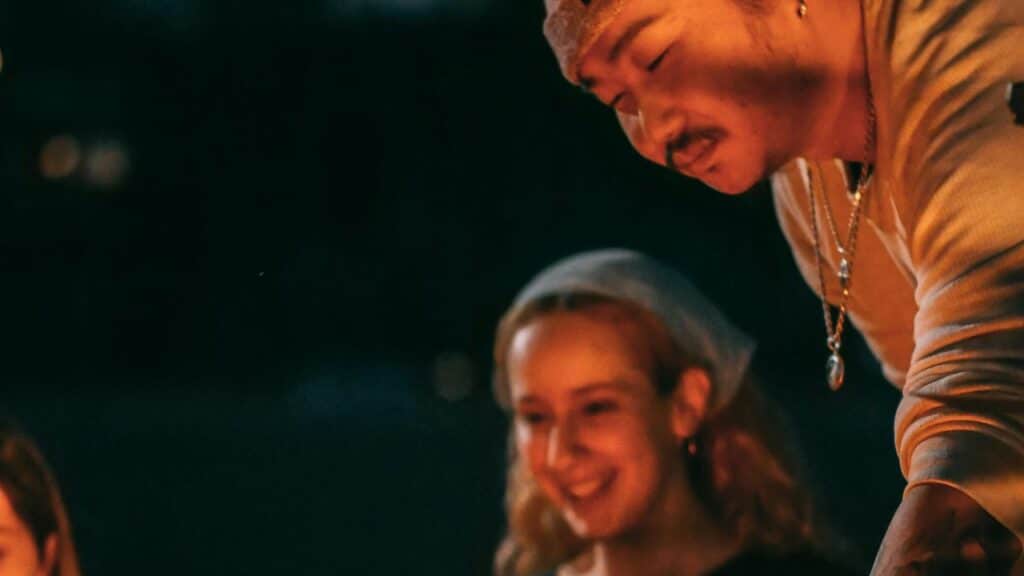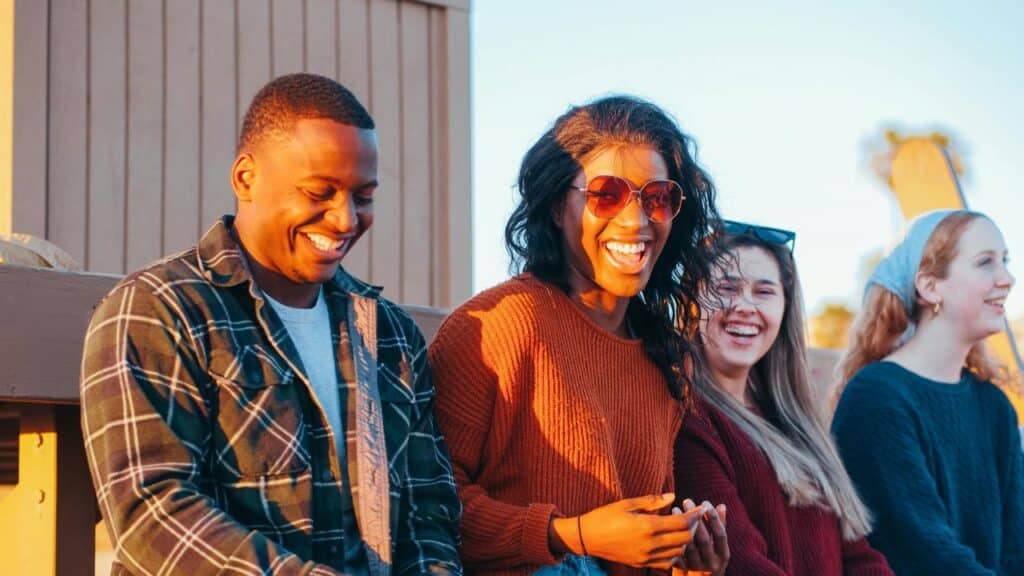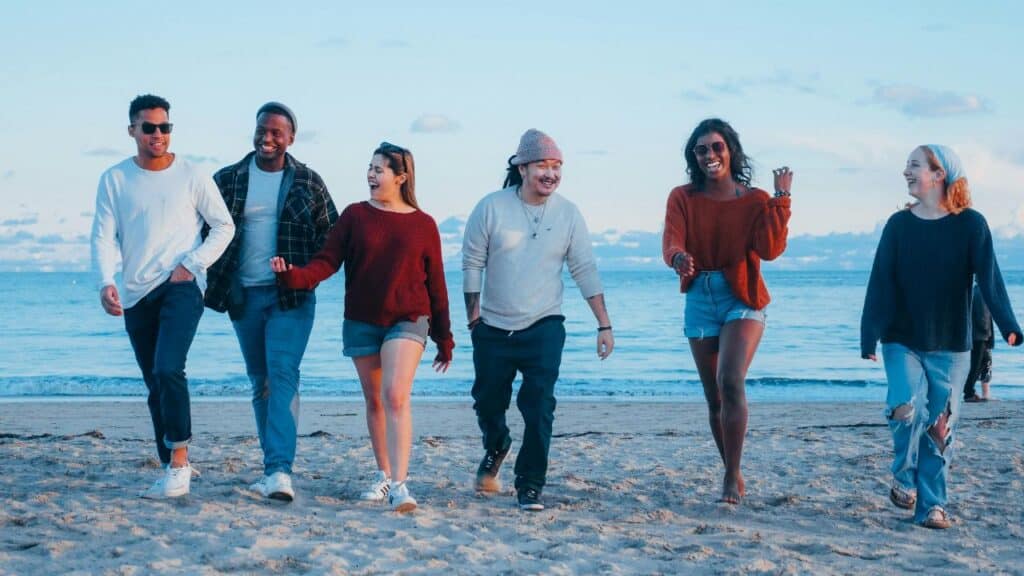Recovery from addiction is a journey that extends far beyond the initial stages of treatment. One crucial aspect of maintaining long-term sobriety is building a strong, supportive social network. At The Bluffs Addiction Campuses in Ohio, we understand the vital role that a “sober tribe” plays in sustained recovery. This article explores the importance of sober friendships and offers practical advice for creating a fulfilling social life without substances.
The Power of a Sober Support Network
A robust support system is essential for those in recovery. Surrounding yourself with individuals who understand and support your journey can:
- Provide accountability and encouragement
- Offer emotional support during challenging times
- Share experiences and coping strategies
- Reduce feelings of isolation often associated with early recovery
Navigating Social Challenges Without Substances
Socializing without alcohol or drugs can feel daunting at first. Common challenges include:
- Feeling awkward or self-conscious in social situations
- Dealing with triggers in environments where substances are present
- Finding new ways to have fun and connect with others
- Overcoming fear of judgment or exclusion
Recognizing these challenges is the first step toward overcoming them and building a thriving sober social life.

Finding Your Sober Tribe
Building a network of sober friends takes effort, but there are many avenues to explore:
- Support Groups: Attend 12-step meetings or other recovery support groups regularly.
- Sober Meetups: Look for local sober social groups on platforms like Meetup.com.
- Recovery Community Organizations: Connect with organizations that host sober events and activities.
- Treatment Alumni Networks: Stay connected with fellow graduates from treatment programs.
Exploring Sober Activities and Hobbies
Discovering new interests can be a great way to meet like-minded individuals and fill time previously spent using substances. Consider:
- Joining a sports team or fitness class
- Taking up a creative hobby like painting or photography
- Volunteering for causes you care about
- Attending workshops or classes to learn new skills
Navigating Social Situations with Alcohol
It’s inevitable that you’ll encounter situations where alcohol is present. Preparation is key:
- Have an exit strategy if you feel uncomfortable
- Bring a sober friend for support
- Practice saying “no” to offers of drinks
- Prepare a non-alcoholic beverage to hold
Building Social Confidence Without Substances
Developing social confidence takes time and practice:
- Start with small, manageable social situations
- Focus on active listening and showing genuine interest in others
- Remember that most people are more concerned with themselves than judging you
- Celebrate small victories and learn from challenging experiences

Leveraging Technology for Sober Connections
In today’s digital age, technology can be a powerful tool for building your sober network:
- Use recovery-focused apps
- Join online recovery forums and communities
- Follow sober influencers and bloggers for inspiration
- Utilize video chat for virtual support group meetings
Maintaining Supportive Pre-existing Friendships
Not all pre-recovery friendships need to end. For relationships worth preserving:
- Be honest about your recovery journey
- Set clear boundaries around substance use
- Suggest alternative activities that don’t involve drinking or using
- Recognize which friendships truly support your new lifestyle
The Bluffs’ Approach: Developing Social Skills in Treatment
At The Bluffs Addiction Campuses, we recognize the importance of social skills in recovery. Our comprehensive treatment programs include:
- Group therapy sessions to practice interpersonal communication
- Life skills workshops focusing on sober socialization
- Recreational activities that promote healthy interactions
- Family therapy to strengthen supportive relationships
Aftercare and Alumni Support at The Bluffs
Our commitment to your recovery extends beyond inpatient treatment:
- Structured aftercare programs to ease the transition back to daily life
- Active alumni network for ongoing support and connection
- Regular alumni events and activities to foster sober friendships
- Continued access to resources and support staff
Building a fulfilling social life in recovery is not just possible – it’s essential. By actively working on your social skills, seeking out sober connections, and engaging in meaningful activities, you can create a rich, substance-free life filled with genuine relationships.
If you’re struggling with addiction and need help developing the skills to build your sober tribe, The Bluffs Addiction Campuses is here for you. Call us today at 330-919-9228 to learn how we can support your journey to a fulfilling life in recovery.








